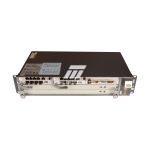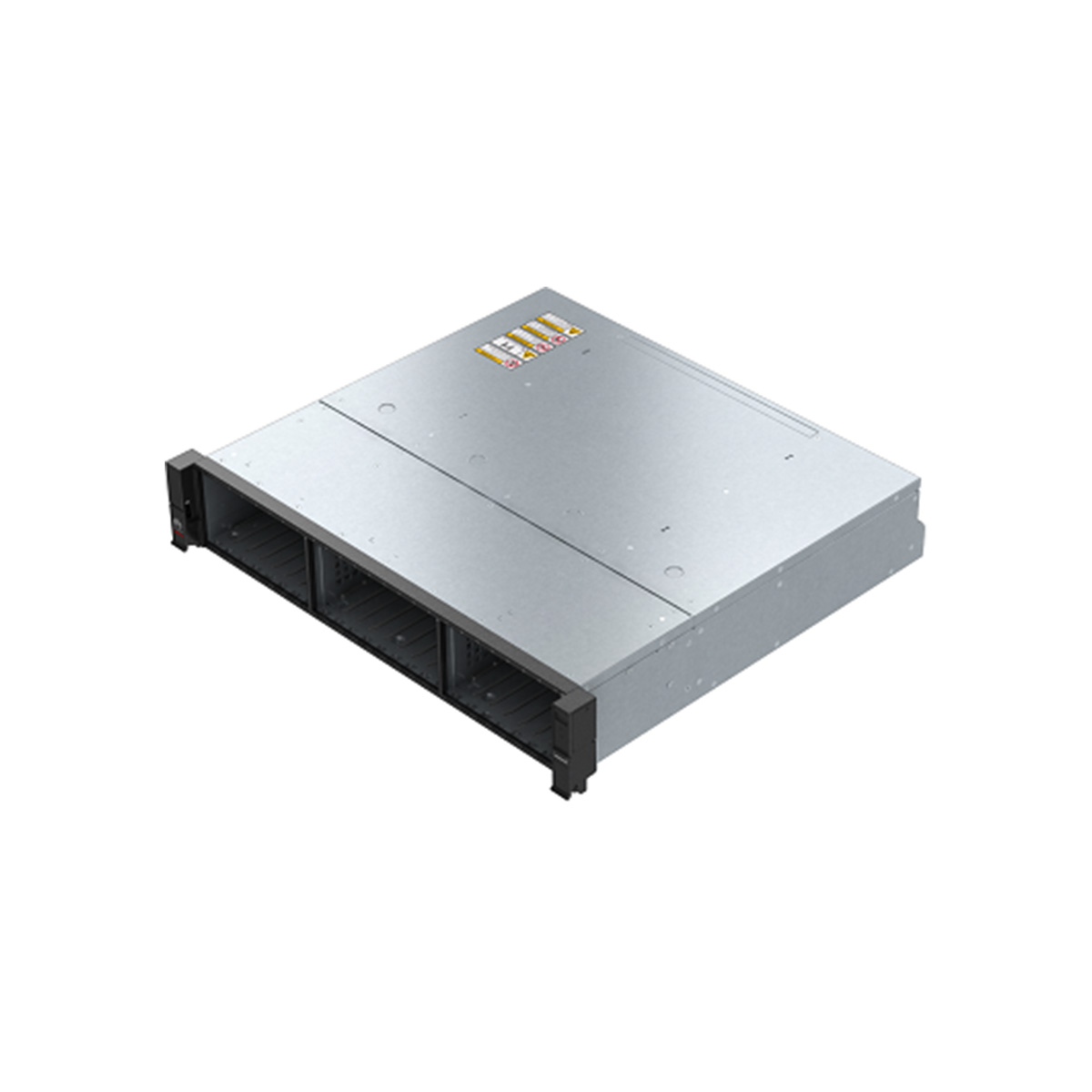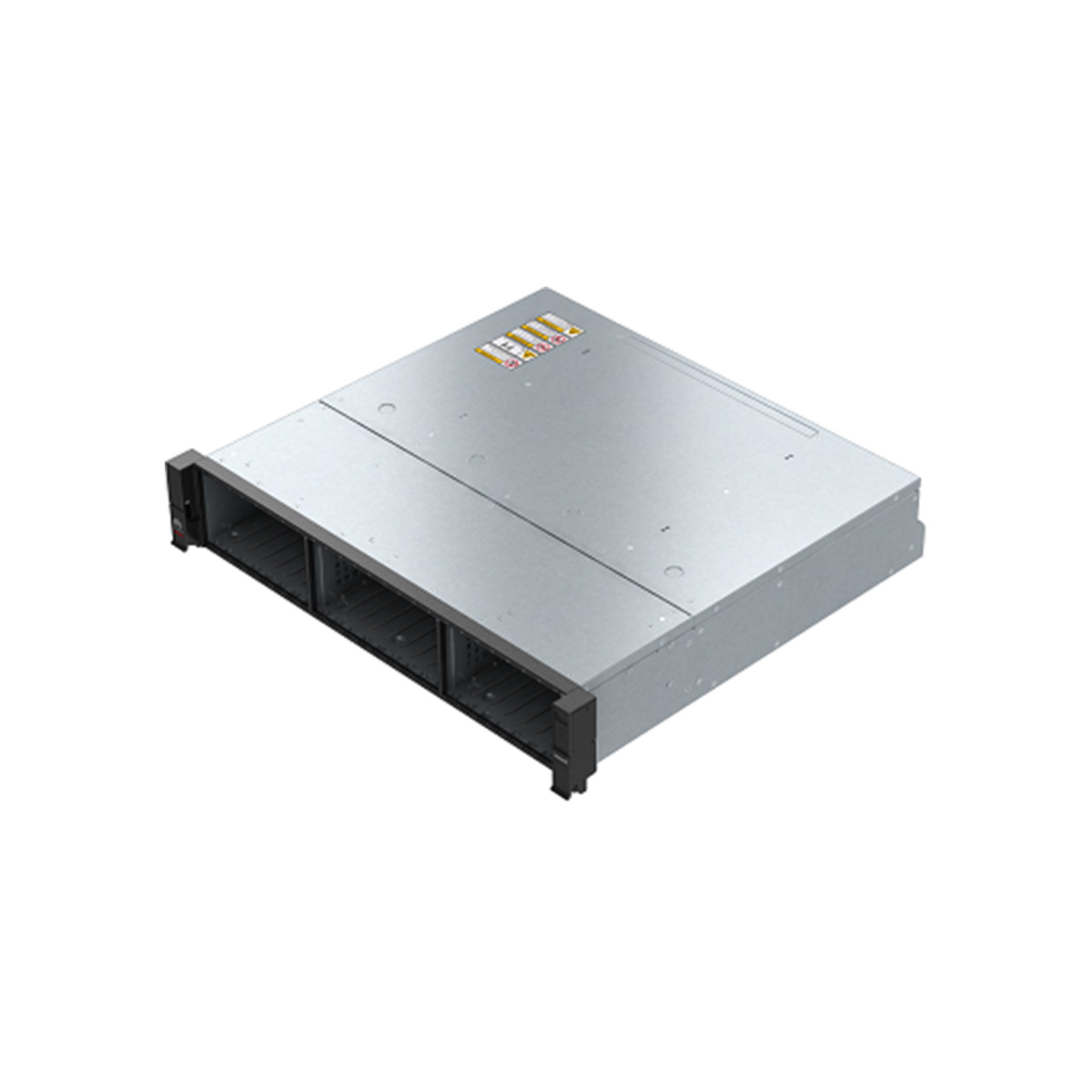Beneath the swirling sands of Riyadh’s tech district, a quiet revolution pulses through rows of blinking server racks. Hewlett Packard Enterprise’s unveiling of its Saudi Tech server line at LEAP 2024 marks more than product launch—it crystallizes the Kingdom’s ambition to transform from technology consumer to architectural pioneer. These servers, engineered with desert-tuned cooling systems and Arabic-language AI coprocessors, represent the physical manifestation of Saudi Arabia’s digital sovereignty dreams. In a world where data is the new crude oil, HPE’s localized infrastructure strategy positions the nation not just as regional hub, but as architect of Middle Eastern tech destiny.
Engineering for the Arabian Climate
The Saudi Tech series addresses unique regional challenges through radical redesigns. Traditional air-cooled systems consume 38% less water thanks to sand-resistant immersion cooling technology—critical in a nation where 85% of freshwater comes from desalination. HPE’s regional CTO revealed that server racks now withstand 55°C ambient temperatures without performance throttling, a 23% improvement over previous models.

[HPE’s NEOM lab team achieves 1.15 PUE (Power Usage Effectiveness) with new adiabatic cooling—40% more efficient than regional averages (Source: Saudi Energy Ministry 2024))]
Economic Catalyst Through Localization
With 47% of components now sourced within GCC countries, the initiative aligns with Vision 2030’s manufacturing goals. The Jeddah server assembly plant has already created 1,200 high-tech jobs, while local startups like CloudHarbor report 60% cost reductions using Saudi Tech infrastructure.
Three transformative use cases emerge:
- Smart Hajj Management: AI-powered crowd control systems process 950,000 real-time data points per second during pilgrimage seasons
- Oilfield Analytics: Aramco deploys edge servers analyzing drilling data with 0.3ms latency, boosting extraction efficiency by 18%
- Arabic NLP Breakthroughs: King Abdullah University’s new Arabic language model trains 3x faster on localized GPU clusters
Security Redefined for Middle Eastern Networks
HPE’s “Cyber Shield Arabia” package integrates:
- Quantum encryption protocols tested against Dammam-based hacking collectives
- Self-destructing data containers compliant with Saudi data residency laws
- AI threat detection trained on 14 million regional attack patterns
The National Cybersecurity Authority reports 92% faster threat neutralization in early adopter organizations, with zero critical breaches since implementation.
Developer Ecosystem Renaissance
The Saudi Tech Developer Program has onboarded 9,000+ coders in six months, yielding:
- 34 Arabic-optimized enterprise applications
- Desert-specific IoT protocols for agricultural sensors
- Sharia-compliant blockchain frameworks for Islamic finance
Startup SandScript’s halal supply chain solution, built entirely on localized infrastructure, reduced food certification times from 14 days to 47 minutes.
Energy Innovation Symbiosis
HPE’s partnership with ACWA Power demonstrates circular sustainability:
- Solar-powered data centers achieve 96% renewable uptime
- Server waste heat warms hydroponic farms in Qassim
- AI-driven energy trading algorithms balance grid loads across 17 cities
The model has reduced national data center carbon emissions by 28% per terabyte processed—equivalent to removing 140,000 cars from Saudi roads annually.
The Education Engine
Vocational training centers across 23 cities now produce 850 certified server technicians monthly. Female participation reached 39% in 2024—triple 2021 figures—with graduates like Noura Al-Mansoori leading Riyadh’s 5G core network deployment.
As the desert sun sets over LEAP 2024’s exhibition halls, the hum of Saudi-made servers whispers a new narrative. HPE’s gambit transcends corporate strategy—it’s the hardware foundation for a nation rewriting its technological identity. These climate-hardened, Arabic-optimized machines symbolize more than processing power; they represent the crystallization of sovereign innovation where sand becomes silicon and oil wealth transforms into data capital. The true measure of success won’t be in teraflops or energy ratings, but in how seamlessly these servers blend global tech excellence with Bedouin pragmatism. As Saudi coders program in their native script and engineers calibrate systems to desert rhythms, the Kingdom emerges not just as regional tech player, but as architect of infrastructure designed for the world’s harshest environments—and most ambitious digital visions. In this silent server revolution, Saudi Arabia isn’t just adopting technology; it’s reengineering innovation’s DNA to thrive under Arabian skies.






Leave a comment